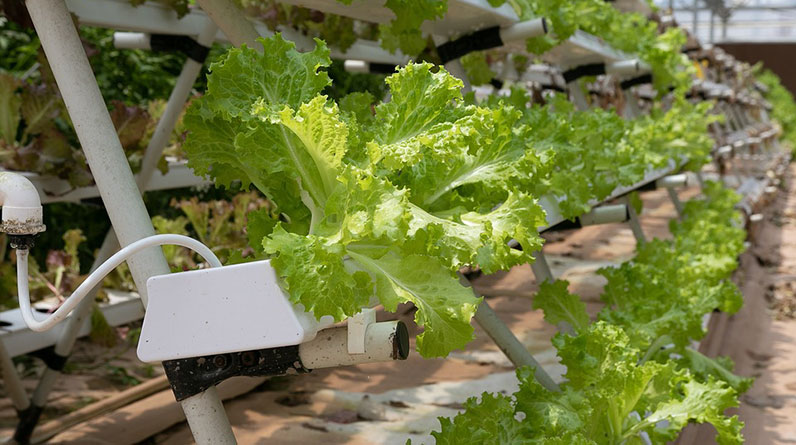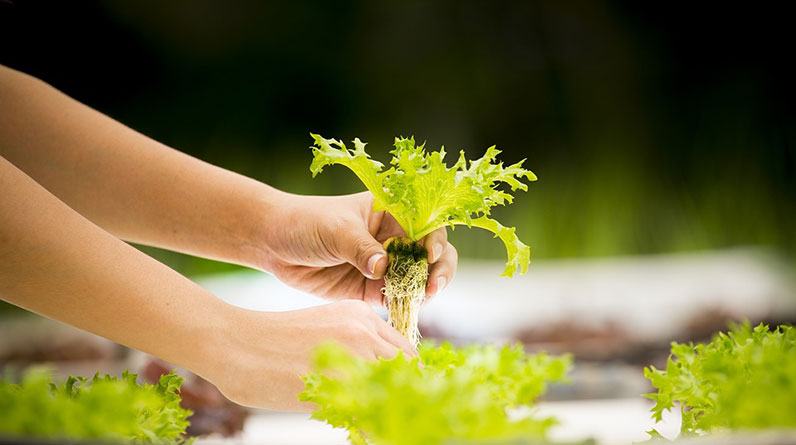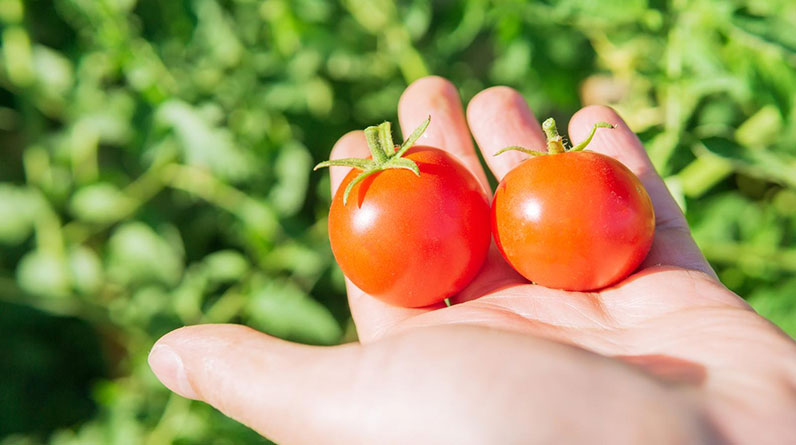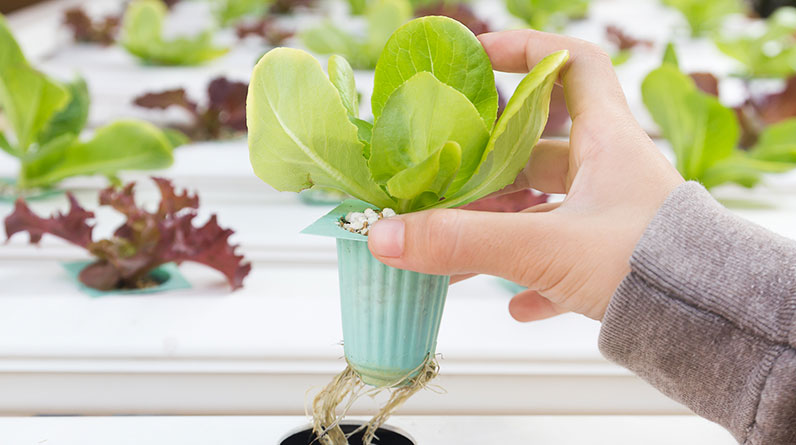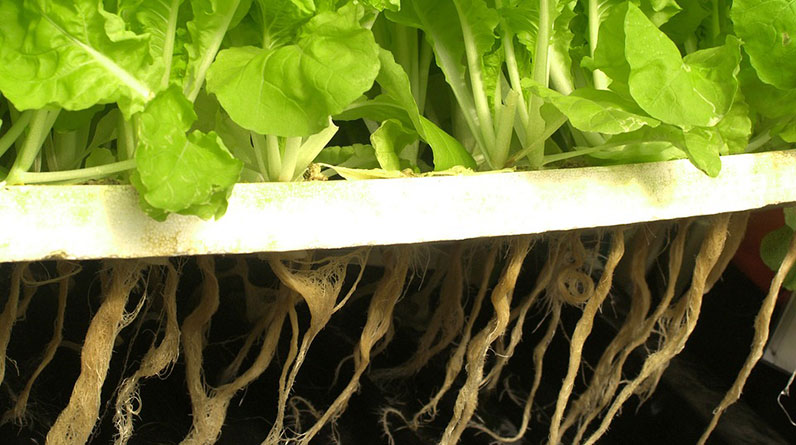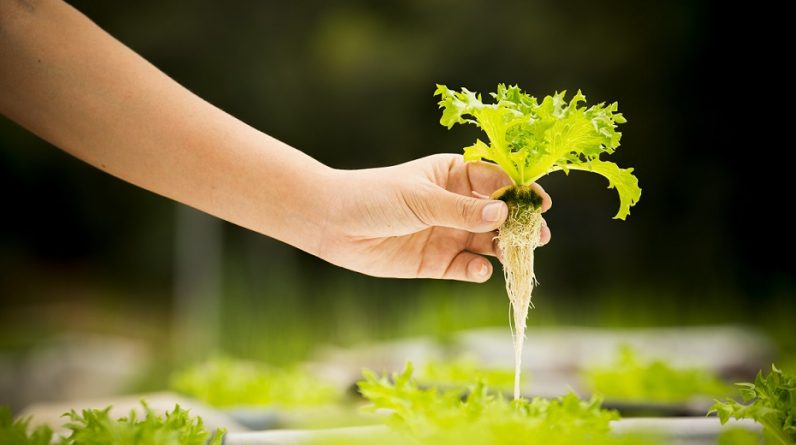
Growing healthy plants in a hydroponic system requires the right nutrients, and in 2025, organic hydroponic nutrients are more popular than ever. These eco-friendly, sustainable options help ensure your plants thrive without synthetic chemicals. In this guide, Iâll walk you through the best organic hydroponic nutrients for 2025, sharing expert tips, latest trends, and practical advice to optimize your indoor or outdoor setup.
Table of Contents
- Introduction to Organic Hydroponic Nutrients
- Top 2025 Trends in Organic Hydroponic Nutrients
- 1. Organic Fish Emulsions for Hydroponics
- 2. Seaweed Extracts for Plant Growth
- 3. Compost Teas in Hydroponic Systems
- 4. Organic Fertilizer Blends for Hydroponics
Introduction to Organic Hydroponic Nutrients
Understanding Organic Hydroponic Nutrients
Organic hydroponic nutrients are fertilizers derived from natural sources, free from synthetic chemicals. They support eco-friendly farming practices and promote healthier, more resilient plants. In 2025, growers are increasingly turning toward organic options to meet consumer demand for sustainable produce.
These nutrients are formulated to provide essential minerals and elements in bioavailable forms. They often contain components like fish emulsions, kelp extracts, and compost teas that naturally stimulate plant growth. Using organic hydroponic nutrients not only benefits the environment but also improves flavor and nutrient density in your crops.
For beginners and experienced growers alike, understanding the composition and application of organic hydroponic nutrients is key to achieving success in your hydroponic garden.
Top 2025 Trends in Organic Hydroponic Nutrients
Emerging Technologies and Formulations
In 2025, innovations in organic hydroponic nutrient formulations focus on enhancing bioavailability and environmental sustainability. Nano-technology allows nutrients to be more readily absorbed by plants, reducing waste and runoff.
Another trend is the increased integration of microbial inoculantsâbeneficial bacteria and fungiâthat boost nutrient uptake and protect against pests. This symbiotic approach makes organic hydroponic nutrients more effective than ever before.
Furthermore, growers are seeking comprehensive blends that combine multiple organic ingredients, simplifying the nutrient application process while maximizing plant health and yield.
<!– Internal link suggestion: Best organic hydroponic nutrients for 2025 –>
1. Organic Fish Emulsions for Hydroponics
Benefits of Fish Emulsions
Fish emulsions are a rich source of nitrogen and other essential nutrients, making them a popular choice for organic hydroponic systems. In 2025, their popularity grows due to their sustainabilityâbyproducts of the fishing industry are repurposed into effective fertilizers.
These emulsions promote vigorous plant growth and improve overall health, especially when used as a topdress or mixed into nutrient solutions. Fish-based fertilizers contain micronutrients that are vital for plant development and resilience.
Many growers report increased yields and improved flavor profiles when incorporating fish emulsions into their organic hydroponic nutrients regime.
How to Use Fish Emulsions Effectively
Apply fish emulsions at dilution rates recommended by the manufacturerâtypically around 1:10 to 1:20. Avoid over-fertilizing, which can lead to odor issues and bacterial buildup.
For best results, combine fish emulsions with other organic sources like kelp or molasses. Regular application (every 1-2 weeks) supports steady growth and healthy nutrient cycling.
Always water the plants thoroughly after applying fish emulsions to prevent root burn and ensure even distribution of nutrients.
Potential Drawbacks and Considerations
One challenge with fish emulsions is their strong smell, which can be off-putting in enclosed spaces. Choosing high-quality, processed emulsions can minimize odor issues.
Since fish emulsions are rich in nitrogen, excessive use may lead to nutrient imbalances. Use them as part of a balanced organic fertilizer plan.
Long-term use also requires monitoring pH levels, as fish emulsions can acidify nutrient solutions if not properly managed.
<!– External authority link suggestion: Learn more about fish emulsions –>
2. Seaweed Extracts for Plant Growth
Advantages of Seaweed in Hydroponics
Seaweed extracts are a natural powerhouse for organic hydroponic nutrients. Rich in hormones, vitamins, and minerals, they promote root development and stress tolerance. In 2025, their use is on the rise thanks to their versatility and proven effectiveness.
Seaweed-based products stimulate microbial activity in nutrient solutions, leading to healthier root zones and improved nutrient uptake. They also enhance plant resilience against pests and diseases.
Using seaweed extracts is environmentally friendly, supporting sustainable farming practices that align with organic certification standards.
Best Application Practices
Mix seaweed extracts into your hydroponic solutions at recommended rates, generally around 1-2 tablespoons per gallon of water. Applying during the vegetative phase encourages lush growth.
Foliar spraying with diluted seaweed extract can also provide quick nutrient boosts and help plants recover from stress. Apply in the early morning or late afternoon to prevent leaf burn.
Consistency is keyâregular applications every 1-2 weeks can lead to visibly improved growth and crop quality over time.
Choosing Quality Seaweed Products
Opt for cold-processed, organic seaweed extracts to preserve beneficial compounds. Look for products free from synthetic additives or preservatives.
Check for labels indicating species such as Ascophyllum nodosum or Ecklonia maxima, which are known for their high growth-promoting properties.
Investing in high-quality seaweed extracts can significantly impact your crop yields in 2025 and beyond.
<!– Featured snippet opportunity: âSeaweed extracts enhance root health and increase stress tolerance in hydroponic crops.â –>
3. Compost Teas in Hydroponic Systems
Benefits of Compost Tea for Hydroponics
Compost teas are brewed from composted organic matter and are packed with beneficial microbes and nutrients. They improve nutrient cycling and plant health in hydroponic setups, especially in 2025 when microbial-based products are trending.
Applying compost teas can help suppress diseases, enhance root development, and boost plant immune responses. They contribute to a balanced and resilient plant environment.
Using compost teas is an effective way to incorporate natural biodiversity into your hydroponic system, making your plants more robust and productive.
How to Prepare and Apply Compost Tea
Prepare compost tea by steeping high-quality compost in water with aeration for 24-48 hours. Use an organic brewing kit to facilitate oxygen exchange and microbial development.
Apply the tea directly to the root zone or as a foliar spray every 1-2 weeks. This encourages microbial colonization and enhances nutrient availability.
Ensure cleanliness of brewing equipment to prevent pathogen growth and maintain microbial diversity.
Considerations and Limitations
Not all composts are suitable for tea brewing; select certified organic compost with rich microbial communities.
Excessive application can lead to imbalances or mold growth; always dilute appropriately and observe plant responses.
Regular monitoring of water quality and microbial health ensures successful compost tea use in hydroponics.
<!– External link suggestion: Research on compost teas in vegetable production –>
Conclusion
As we look ahead to 2025, selecting the right organic hydroponic nutrients becomes increasingly vital for sustainable and productive farming. From fish emulsions and seaweed extracts to compost teas, these natural inputs not only support healthy plant growth but also align with environmentally responsible practices. Incorporating these top organic nutrients into your hydroponic system can significantly enhance your yields, improve plant resilience, and ensure you produce high-quality, nutrient-dense crops.
Remember, the key to success in 2025 is using high-quality, well-balanced organic hydroponic nutrients tailored to your specific plants and system. Embrace these trends and insights to grow thriving, organic produce all year round!
FAQs
1. What are the best organic hydroponic nutrients for 2025?
The best organic hydroponic nutrients in 2025 include fish emulsions, seaweed extracts, compost teas, and organic fertilizer blends. These sources provide essential nutrients sustainably and effectively for various crops.
2. How do I apply organic hydroponic nutrients?
Application methods depend on the type of nutrient. Generally, dilute concentrates like fish emulsions and seaweed extracts and add them to your hydroponic reservoir regularlyâtypically every 1-2 weeks. Compost teas are brewed and applied directly to the root zone or foliarly.
3. Are organic hydroponic nutrients as effective as synthetic ones?
Yes, when used correctly, organic hydroponic nutrients can be highly effective, promoting healthier plants and better flavor profiles. Advances in formulation technology make organic options more bioavailable and efficient in 2025.
4. Can I mix different organic nutrients together?
Absolutely! Combining fish emulsions, seaweed extracts, and compost teas can create a balanced nutrient profile. Just ensure compatibility and avoid overfeeding, and always follow manufacturer recommendations for application rates.
Final Thoughts
Choosing the right organic hydroponic nutrients in 2025 is essential for sustainable, healthy, and productive gardening. Focus on high-quality sources like fish emulsions, seaweed extracts, and compost teas to maximize plant health naturally. By staying informed about the latest trends and best practices, you’ll be well on your way to mastering organic hydroponics in 2025 and beyond.
Related Content
- The Ultimate Guide to the Best Hydroponic System for Leafy Greens in 2025
- The Ultimate Guide to 2025 Home Hydroponic Vegetable Garden Tips for Success
- 10 Effective hydroponic garden kit strategies for a lush 2025 yield
- 10 Effective DIY Hydroponic System Tips for 2025: Boost Your Garden Success
- Hydroponics Growing System Review



